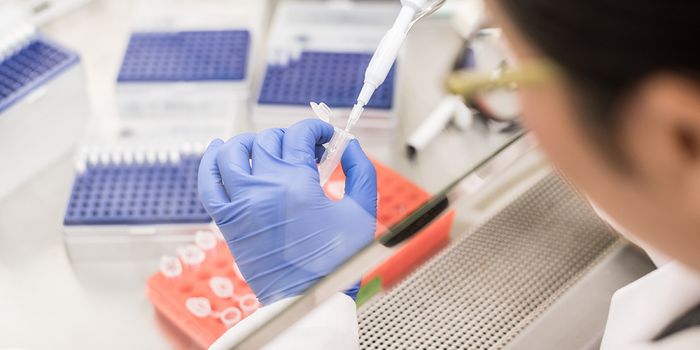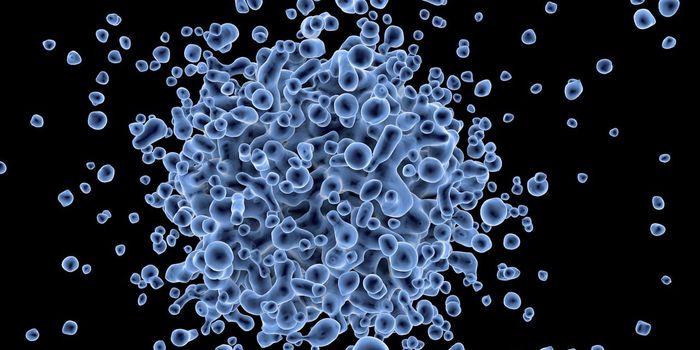Molecule Found in Oranges Could Treat Obesity
Scientists at Western University isolated a molecule from oranges and sweet tangerines called ‘nobiletin’. Through the studies on mice the molecule they were able to conclude that nobiletin holds role in reducing obesity and reversing negative side-effects. But, how exactly does nobiletin work still remains a mystery?
"We went on to show that we can also intervene with nobiletin," said Murray Huff, PhD, a Professor at Western's Schulich School of Medicine & Dentistry who has been studying nobiletin's effects for over a decade. "We've shown that in mice that already have all the negative symptoms of obesity, we can use nobelitin to reverse those symptoms, and even start to regress plaque build-up in the arteries, known as atherosclerosis."
Findings were published in the Journal of Lipid Research and describes how mice placed on a high-fat diet were significantly leaner after being administered nobiletin with also reduced levels of insulin resistance in the blood.
"This result told us that nobiletin is not acting on AMP Kinase, and is bypassing this major regulator of how fat is used in the body," said Huff. "What it still leaves us with is the question -- how is nobiletin doing this?"
AMP kinase is a regulator in the body that burns fat to produce energy. Researchers noted that mice who were genetically modified to not to have AMP kinase—still burned fat with nobiletin.
Learn more about earlier research on nobelitin:
"Obesity and its resulting metabolic syndromes are a huge burden to our health care system, and we have very few interventions that have been shown to work effectively," said Huff. "We need to continue this emphasis on the discovery of new therapeutics."
Researchers are hopeful to push their studies to the next level and determine if nobiletin holds the same therapeutic effects on humans.
Source: Science Daily









